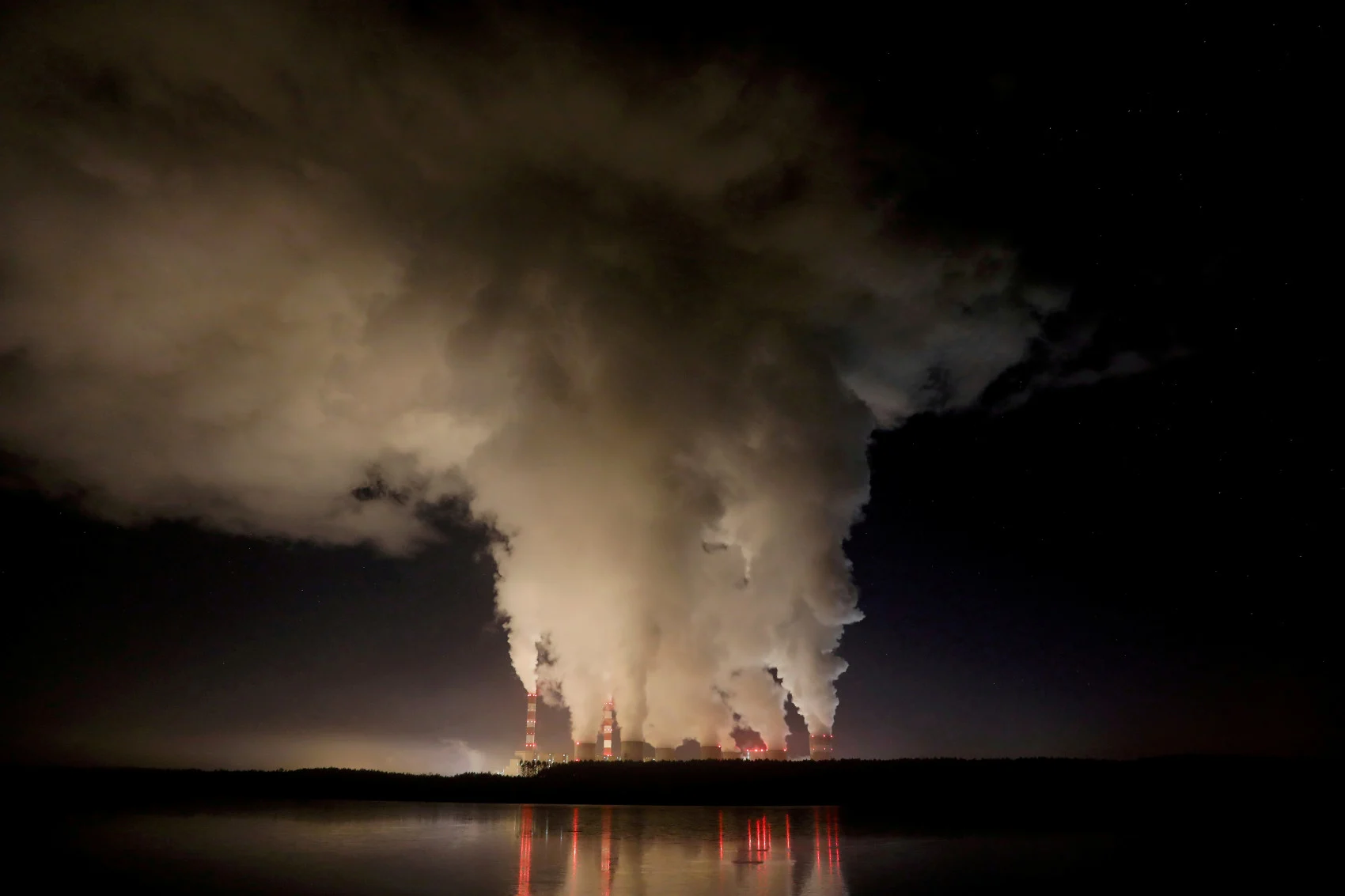
Every fraction of a degree counts, UN says, as 2.8 °C warming looms
LONDON (Reuters) - Government pledges to cut greenhouse gas emissions put the planet on track for an average 2.8 degrees Celsius temperature rise this century, after "woefully inadequate" progress to curb warming, a United Nations report said.
Representatives from around the world will meet from Nov. 6-18 at the COP27 climate talks in Egypt to try to agree pledges to limit warming to below 2C above pre-industrial levels and ideally to 1.5C (2.7 degrees Fahrenheit).
So far, additional commitments since the previous U.N. climate conference in Scotland last year remove 0.5 gigatonnes of carbon dioxide equivalent greenhouse gas emissions (GtCO2e), less than 1% of estimated global emissions in 2030, the annual UN Environment Programme (UNEP) report showed on Thursday.
Unless strengthened, promises so far will likely lead to a 2.8C rise in temperature by the end of the century, 0.1C higher than was estimated last year.

View of a COP27 sign on the road leading to the conference area in Egypt's Red Sea resort of Sharm el-Sheikh town as the city prepares to host the COP27 summit next month, in Sharm el-Sheikh, Egypt October 20, 2022. (REUTERS/Sayed Sheasha/File Photo)
As countries seek to improve on that, some have offered further action provided it is contingent on international financial and technical support. These "conditional" pledges, if implemented fully, could reduce expected warming to a 2.4C rise, while unconditional pledges could lead to a 2.6C rise, the report said.
"We still aren't anywhere near enough to cut greenhouse gas emissions (to the levels required)," UNEP executive director Inger Andersen told reporters at a briefing.
"But we must try. Every fraction of a degree matters," she said.
Global emissions in 2030 are estimated at 58 GtCO2e based on current policies. The gap between pledges and limiting warming to 2C is 15 GtCO2e a year and for 1.5C it is 23 GtCO2e a year.
Watch below: Canada’s aviation sector wants to be net zero by 2050
To achieve 1.5C, annual emissions must be reduced by 45% compared with emissions forecasts under current policies in just eight years and transforming the global economy to low-carbon will require investment of at least $4-$6 trillion a year, the report said.
"We are headed for a global catastrophe. The emissions gap must be filled, starting with COP27 in Egypt," Antonio Guterres, U.N. secretary-general, said.
According to a separate U.N. report earlier this week analysing the latest pledges submitted by countries, 2.5C of warming is likely by the end of the century.
On Wednesday, the World Meteorological Organization said greenhouse gas concentrations climbed at above-average rates to records last year.
Commenting on the reports this week, Bill Collins, professor of climate processes at the University of Reading, said: "All evidence suggests we are heading in the wrong direction."
(Reporting by Nina Chestney; editing by Barbara Lewis)
Thumbnail image: Smoke and steam billow from Belchatow Power Station, Europe's largest coal-fired power plant, operated by PGE Group, at night near Belchatow, Poland December 5, 2018. REUTERS/Kacper Pempel/File Photo
